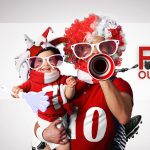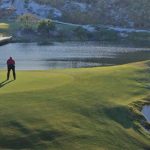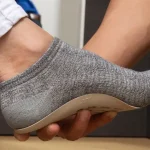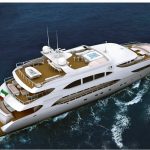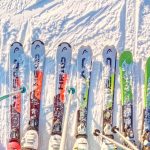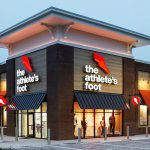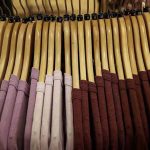Last month, BOSS reported that The Rossignol Groups first half sales showed a marked improvement, but requests to delay shipments and exchange rates again pulled sales down. Consolidated group sales for the first half-year showed a slight 0.4% drop to 199.1 million ($241.8 mm) compared to 199.9 million ($226.1 mm) last year, while currency-neutral sales climbed 3.2% to 206.3 million ($250.5 mm).
More recently, Rossignol sent BOSS their first half sales and profitability numbers, showing that the exchange rate and the Asian restructuring measures are having quite an impact on the bottom line. Operating profit dropped 34.5% to 9.5 million ($11.5 mm) compared to 14.5 million ($16.4 mm) last year. The Groups share of net profit fell 69.6% to 3.0 million ($3.6 mm) versus 9.9 million ($11.2 mm) a year ago. Group EPS was 0.24 (29 cents) compared to 0.80 (90 cents) last year.
Winter activity sales declined 5.7% on a currency neutral basis and decreased 7.7% in Euros, from 135.6 million ($153.3 mm) in 2003 to 125.0 million ($151.8 mm) this year. The decline in sales was caused primarily by retailers requesting third quarter deliveries; a trend which management said was “more marked than in previous seasons.” This brought group inventories (production stored/accounted as fixed asset) up 45.2% versus last year at the same time.
The delayed shipments are having a “positive effect” on second half sales, prompting Rossi to maintain its guidance of 5% currency-neutral sales growth for the year.
The increase in inventory was further complicated by the Groups re-organization of its Asian business. Rossignols brands are now being distributed in the area through a wholly owned subsidiary instead of a third party. This move cut first-half profits by 4 million ($4.9 mm), but and the second half is expected to be considerably better in the region.
The deterioration of the U.S. dollar affected profits negatively by another 6 million ($7.3 mm).
The report stated that the snowboard business “remains difficult” for the Group, but both Rossignol and Dynastar are strengthening their positions in the alpine sector, particularly in France. Cross country equipment bookings were also said to be strong, especially in boots. Europe and North America SnowSports bookings were described as “satisfactory” with “margins equivalent to or better than last year.”
Rossignol management said that the Groups golf business was up 27.8% at the end of the first half and they expect sales to be up by 20% for the full-year. The drivers behind this sales growth were the new line of clubs launched this year and the success of their sponsored athletes.
The textile division is continuing its strong growth and is expected to post double digit sales increases for the full year, but in-line skating sales are expected to fall compared to last year. This weakness is attributed to the shrinkage of the world in-line skate market, which has declined by roughly 40% since its peak in the 90s.
In order to counteract the falling profitability numbers, Rossignol has launched a new three-year strategic initiative dubbed, “The Gold 100 Plan.” This initiative is designed to further develop the golf & indoor/outdoor textile business profitably, improve operating profit, strengthen Rossignols position in winter sports equipment, and reduce net borrowings.




